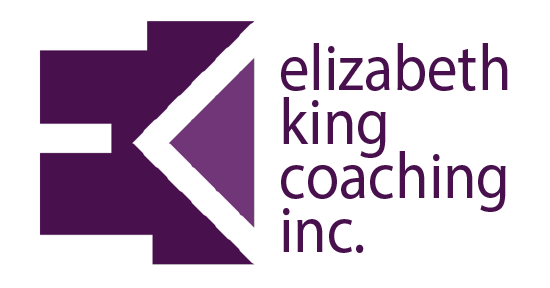You Cannot Sing if You Cannot Cook
Why Interdisciplinary Study Matters For Each of Us
My friend Dan is an opera singer. A few years ago, while performing and studying in Italy, Dan would have vocal coaching sessions with a famous Maestro. Together they would explore Verisimo and work through repertoire like I Pagliacci or Il Trovotore. Then, at the end of every lesson, the Maestro would teach Dan to make pasta.
“You cannot sing if you cannot cook!” the Maestro admonished my friend, and together they would set to rolling out miles of linguini blackened with squid ink or fettucini into which they carefully layered fresh herbs.For years I’ve thought about the Maestro’s words—they were so romantic, so idealistic—and yet they made perfect sense. Through the practice of one art one more easily learns another. One discipline informs the next.
How We Let Students Miss The Boat
We let go of the idea that one discipline informs another early on. For those students who intend to apply to college, the words well-rounded echo through every meeting, every resume overhaul, every essay redraft. “Colleges are looking for students who are well rounded,” we drone. And so what do we advise?
Join the soccer team. Make sure you’re in the debate club. Can you write? Great. Join the literary magazine. Travel to Ghana this summer. How many hours are you volunteering at the local hospital? Double it. Learn to play the saxophone. Take AP Calculus. Take AP French. Take AP Art.
Where did this checklist come from? Doesn’t this seem a little bit… insane? That’s because it is— it’s us trying to take the easy way out. It’s hard to teach students to do the tough work of synthesizing their talents, ideas, and experiences into lives, to turn students into people who have something to offer. Instead we burden them with an overloaded checklist that we think mimic the resumes of the best and brightest, rarely affording them the time to delve into something with passion and meaning. These padded resumes we tout are as empty as if the Maestro had barked at Dan: “Match this pitch!” “Crack this egg!” They miss the point entirely.
Adults Aren't "Cooking," Either
I think we all secretly know how vacuous those hefty resumes can be; after all, most of our adult lives don’t reflect that kind of multiplicity and we find ourselves seemingly no worse for wear. However, it’s possible that we don’t sense the loss of enrichment specifically because we weren’t being enriched in the first place. The average American adult’s life right now can usually be categorized in one of two columns: Work and Entertainment. Entrepreneurs, especially, are addicted to what has been coined The Hustle—every activity, every night, is another event related to work. Somewhere along the line we got the idea that working more would invariably yield better results. People brag about being up at 2:30 going through work email. The cultural phenomenon of workaholism makes it easy to lose all our productive energy to work. It follows, then, that when we’re not working, we’re on Facebook, socializing, and passively consuming (individually, around 2.8 hours of television a day) [1. http://www.bls.gov/news.release/atus.nr0.htm].
Realizing The Need to Cook
Not too long ago, Dan’s friends confided in him that they sometimes take the day off from work and, instead, pursue what they jokingly call “Dan Days.” [2. http://www.youtube.com/watch?v=YUC6SKMz3k8
As it turns out, Dan Days involve squeezing as many obscure and unusual activities into a day as they possibly can (e.g. perhaps some kayaking, eating outlandish sashimi or home-brewing beer, and memorizing a little Falstaff) because they’re under the impression that this is how Dan lives his life. And to his credit, I have to tell you, he pretty much does. Dan knows that without breadth of experience, you cannot focus. That’s what makes him so insanely good at his work, his art.
The Challenge: Find Your Own Cooking
What if it were true that you cannot build a business unless you can build a birdhouse? What if I told you that you can’t sell cars if you can’t explain algebra? You can’t write grants if you can’t grow tomatoes? You can’t manage communities if you can’t change your oil? What if you can’t make art if you can’t teach your dog to sit?…or can’t teach if you can’t listen.….or can’t rethink culture if you can’t be alone. Does your work suffer because all you do is work? Do you always play and forget to produce? What's your cooking?




